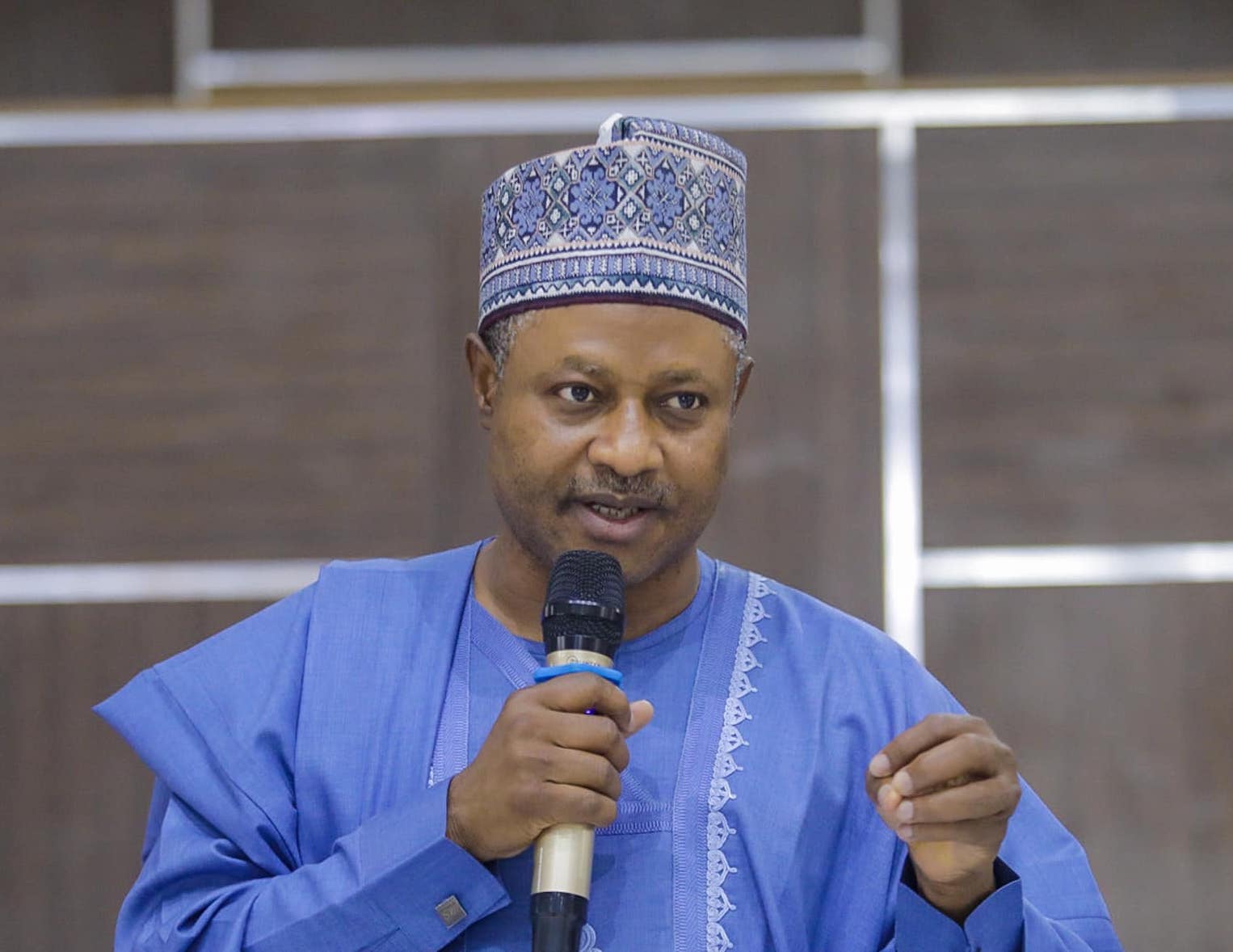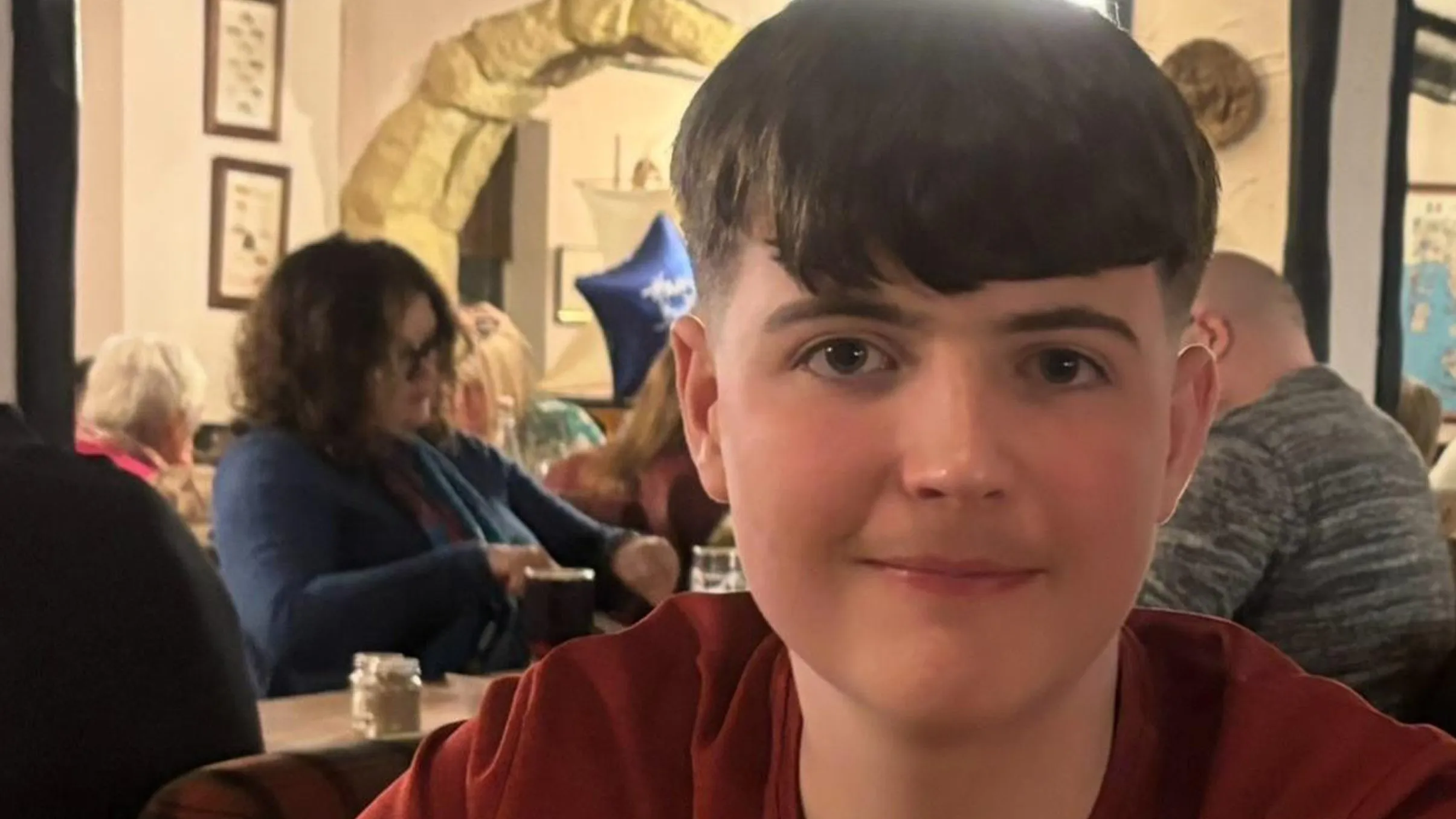By Emmanuel Ugwueze
Copyright dailypost

Kaduna State Governor, Senator Uba Sani, has flagged off the Kaduna State Emergency Medical Services and Ambulance System (KADSEMSAS), describing it as a landmark in his administration’s commitment to saving lives and ensuring no citizen is denied access to emergency healthcare. Speaking at the official launch on Thursday, the governor said the initiative was not just about unveiling ambulances, but about guaranteeing the right to timely medical intervention for every resident of the state. “Today marks a transformative moment in the history of Kaduna State,” Sani declared. “Our vision is simple but profound: no citizen of Kaduna State should be denied timely medical intervention because of distance, delay, or lack of access,” he added. The new system features a fleet of ambulances fitted with life-saving equipment, a central dispatch center staffed with trained personnel, and emergency medical technicians and paramedics who will stabilize patients en route to hospitals. It will function across all 23 Local Government Areas, covering both urban centers and rural villages. “In times of crisis—whether a maternal complication, a road traffic accident, or a cardiac emergency—minutes can mean the difference between life and death,” the governor explained. “This deliberate step underscores our resolve to leave no one behind—urban or rural, rich or poor—in our quest to save lives,” he said. Under the arrangement, citizens will be able to call a dedicated emergency line, after which the nearest ambulance will be dispatched. The state hopes the initiative will significantly reduce response times, particularly in maternal and neonatal emergencies where delays often prove fatal. Governor Sani stressed that the program reflects his administration’s “people-first philosophy,” noting that healthcare reforms since he assumed office have been anchored on the principle of Universal Health Coverage (UHC). “We have consistently declared that access to healthcare is a right, not a privilege,” he said. “We have strengthened the Kaduna State Contributory Health Management Authority (KADCHMA), revitalized our primary health centres, prioritized maternal and child health, and recently approved the 2024 CONMESS and CONHESS salary structures to motivate our healthcare workers.” He highlighted that the system was designed to be equitable and inclusive. “This initiative is not for the privileged few. It is for the farmer in Ikara, the trader in Kachia, the student in Giwa, and the child in Kagarko. No one will be left behind,” he assured. Kaduna’s Commissioner for Health, Umma K. Ahmed, described the flag-off as “a giant leap forward” for the state’s healthcare delivery, emphasizing that the integration of the Rural Emergency Medical and Maternal Transport Services (RESMAT) into KADSEMSAS would extend access to hard-to-reach areas. “Emergencies often come without warning, but what makes the difference between life and death is the speed and quality of response,” Ahmed said. “With KADSEMSAS, Kaduna State is taking a decisive step toward ensuring that no citizen is left helpless in their hour of greatest need.” She added that the program will provide free emergency treatment for the first 48 hours, particularly for pregnant women, children, and accident victims. Governor Sani also emphasized sustainability, stating that the government was investing in upgrading health facilities, training health workers, and involving communities to keep the system effective beyond the launch. “To our citizens: this system belongs to you,” he said. “We urge you to use it responsibly, report misuse, and provide feedback. Excellence is a continuous journey, not a destination,” he said. The flag-off follows Kaduna’s onboarding into the National Emergency Medical Services and Ambulance System (NEMSAS), approved in 2024 by the Federal Ministry of Health. Officials believe Kaduna’s example could set a benchmark for other Nigerian states. “This is a bold step toward equity in healthcare access. “Kaduna is committed to leading the way in emergency medical innovation, and we will continue to prioritize the health and safety of our people,” Governor Sani concluded.



